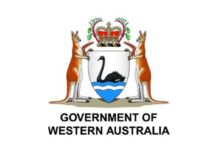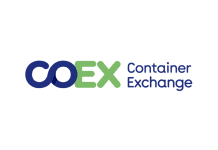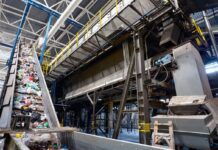
CDE, a provider of wet processing equipment for recycling operations, quarries and mines, has announced that its wet processing technology is being used in New Zealand to transform hydrovac waste into reusable materials, supporting efforts to reduce landfill use and advance circular economy practices.
Hydrovac waste, a slurry by-product of non-destructive digging (NDD), has become a growing challenge as urbanisation increases across New Zealand, CDE said in a news release.
Stats NZ figures show the country’s total urban area expanded by 14.6 per cent between 1996 and 2018, while the population has grown to 5.31 million at the end of 2024, with forecasts suggesting it could reach 7 million by the 2060s.
CDE business development executive Eoin Butcher said population growth and urban density would drive further adoption of hydro excavation, which in turn generates higher volumes of solid-liquid waste.
“It’s a challenging waste stream,” Butcher said. “It’s difficult to process and it’s considered a liquid waste meaning it needs disposed of at specialised facilities, often many miles away, leading to high transportation and disposal costs. But effective dewatering equipment can make the process cost-effective and we’re actively working with forward-thinking companies to do just that.”
CDE said one of those companies is InterGroup, which has opened a new resource recovery facility at its Auckland premises.
The facility, designed and engineered by CDE, is among the first of its kind in New Zealand and processes not only hydrovac slurry but also road sweepings and drainage waste.
Equipped with CDE technologies including the HYDRO:TIP tipping system, an AquaCycle water treatment system, and an AggMax scrubbing and classification system, the plant processes up to 10 tonnes of waste per hour.
According to CDE, it is recovering about 48,000 tonnes of reusable material annually and diverting 64 per cent of waste from landfill.
InterGroup general manager for business development Sam Clive said the facility represented both an environmental and commercial step forward.
“We are recovering valuable construction materials that would have otherwise gone to landfill and at the same time reducing our own operational costs leading to reduced emissions and extending the life of our natural resources by supplementing demand with sustainably sourced recycled products,” Clive said.
The New Zealand Infrastructure Commission estimates construction waste accounts for between 40 and 50 per cent of all landfill waste in the country, equal to around 4.4 million tonnes annually.
InterGroup, which employs more than 500 staff and operates over 400 specialised plants nationwide, has had the Auckland facility operational since early 2024.



















